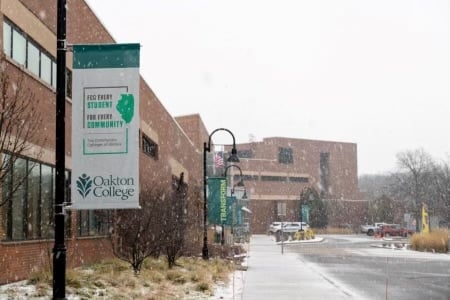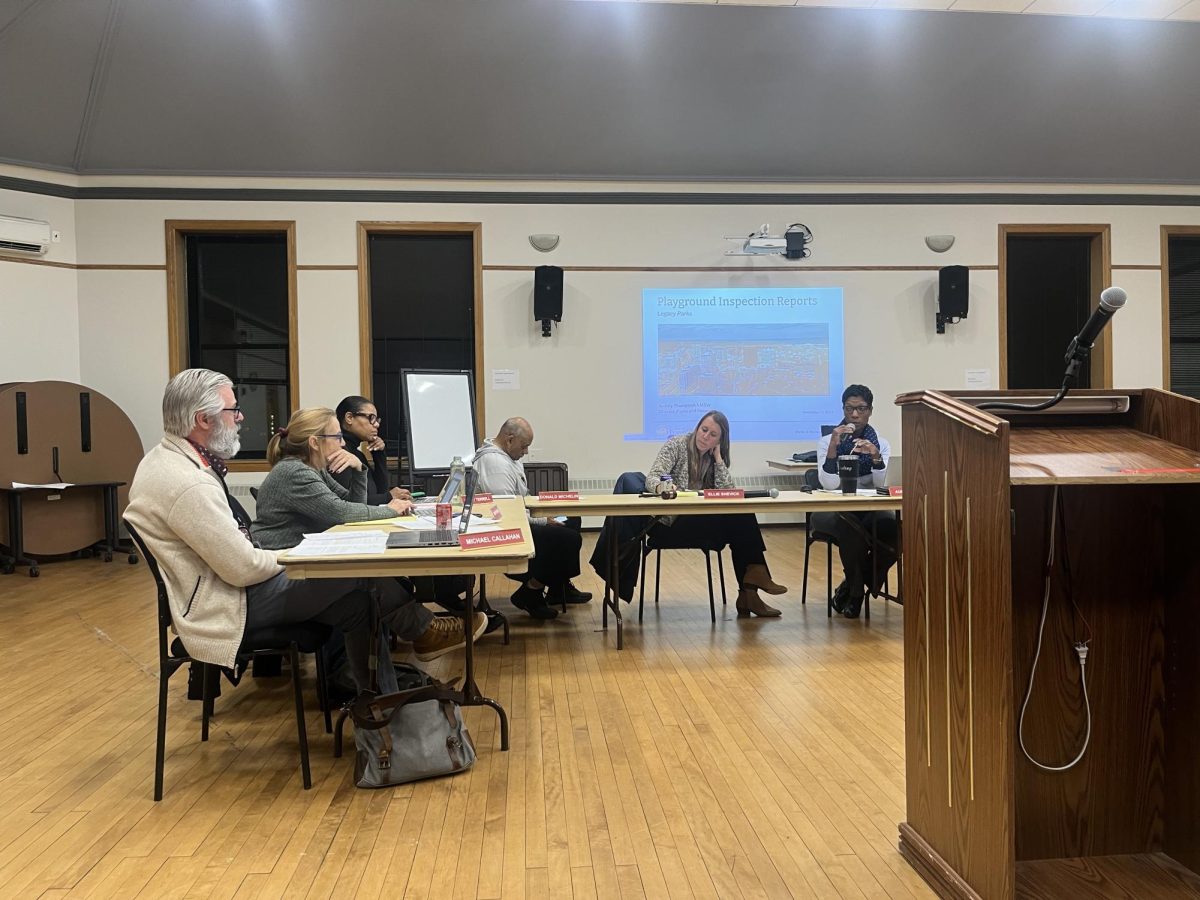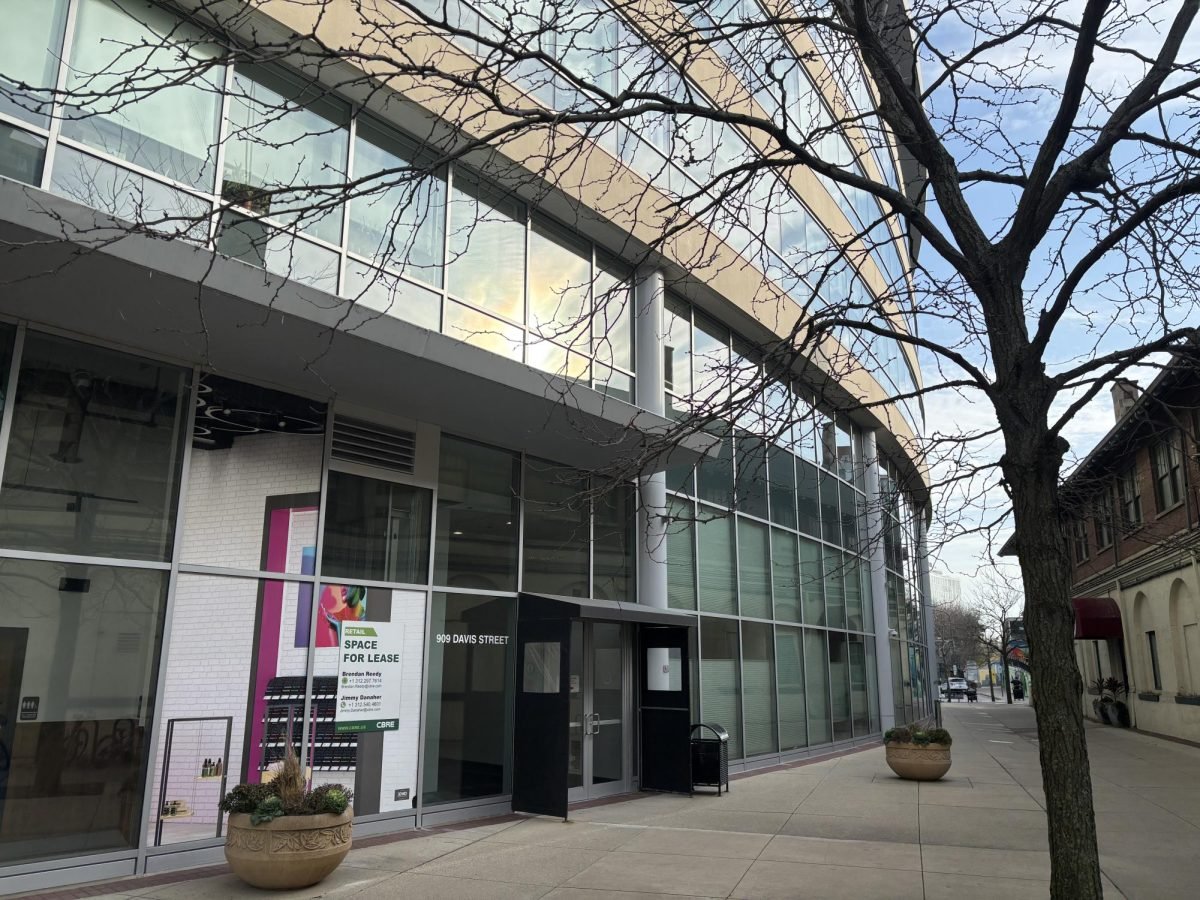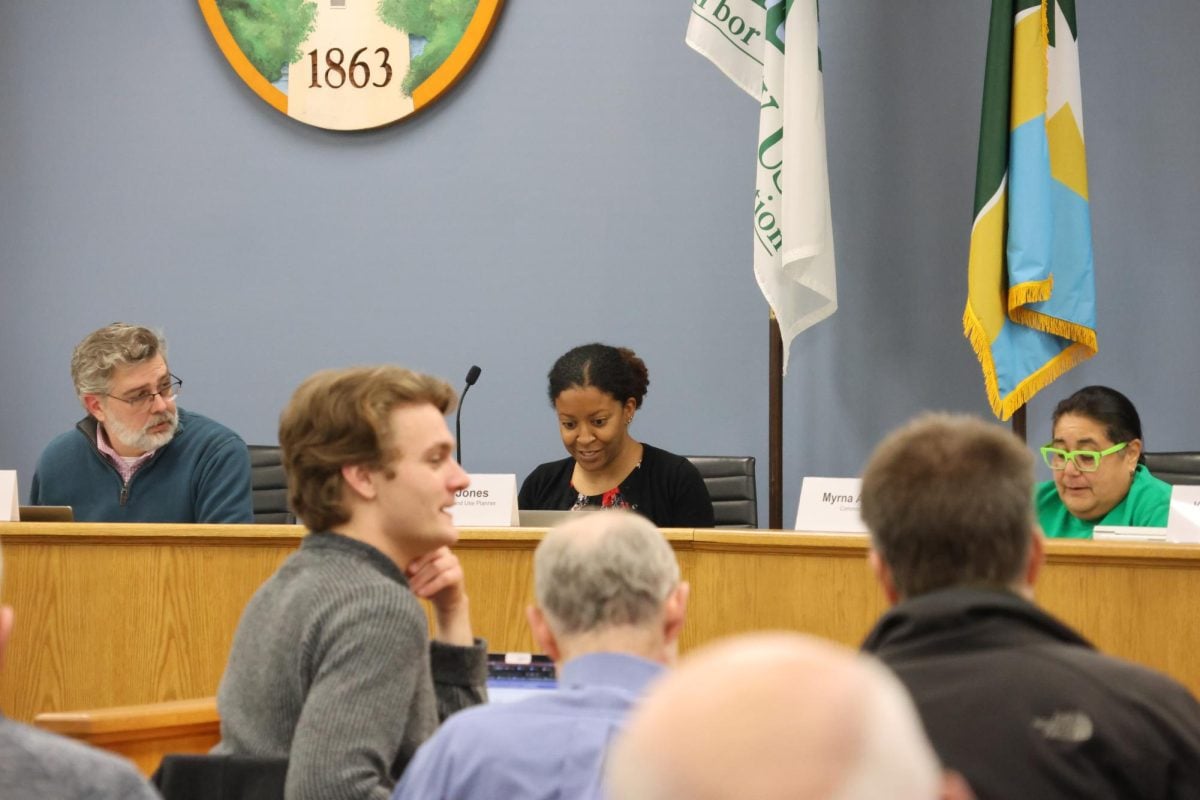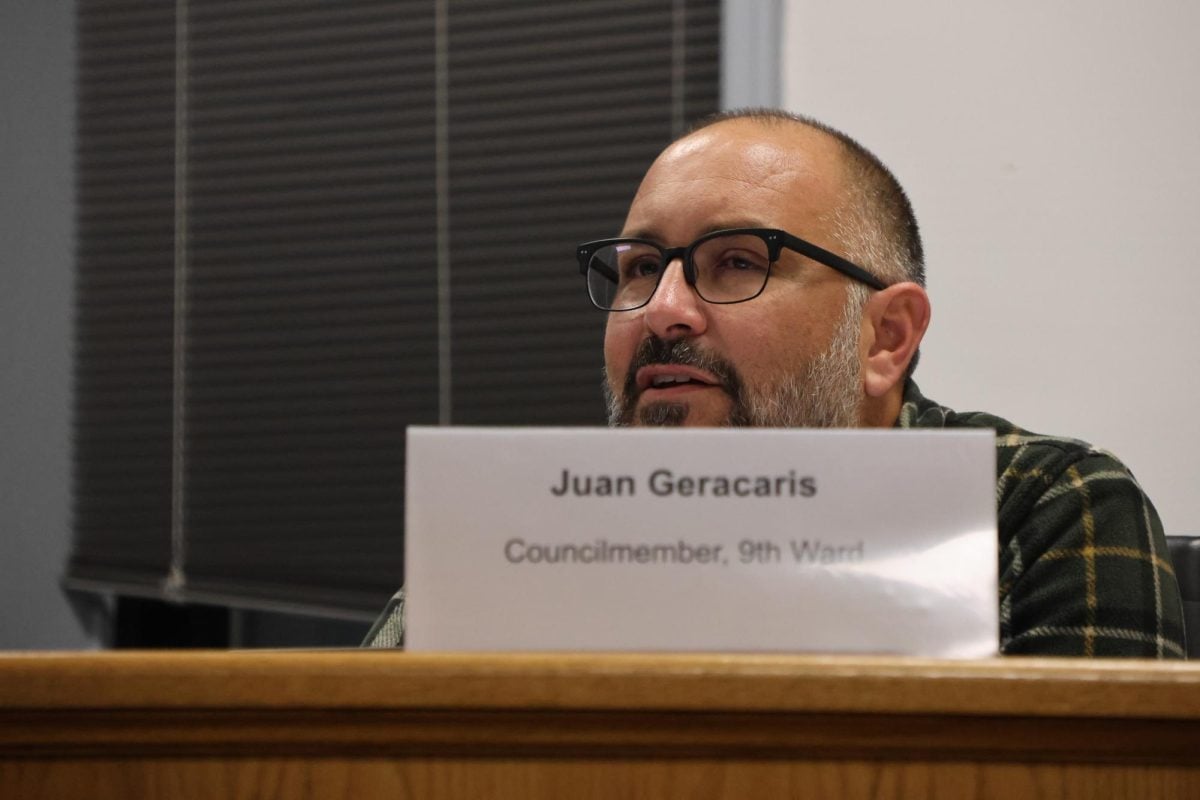Evanston faces a tough budget season with a projected $8 million budget deficit for the upcoming fiscal year, marking the highest budget deficit in recent memory, city officials said.
“We’ve never faced anything like this in the last quarter century,” Assistant City Manager Marty Lyons said.
To balance the budget, the city will need to make “severe” cuts to city services and staff, Ald. Coleen Burrus (9th) said. The projected deficit is double the current deficit of $4 million, and previous deficits have hovered between $2 million and $4 million.
The city’s main sources of revenue were hit significantly by the economic downturn, with a projected $4.3 million drop in revenue. Combined with rising expenditures, the upcoming fiscal year beginning March 1, 2010 presents the City Council with a daunting task.
The City Council must pass the new budget by the end of February.
“This upcoming budget year is going to be painful for everybody from the top of the income scale to the bottom of the income scale,” Burrus said. “I don’t see a rosy picture any time in the future.”
COMMUNITY BUDGET WORKSHOPS
To generate ideas for balancing the budget, the city is hosting a series of community budget workshops to solicit the direct input of residents. The first workshop was Saturday at the Levy Center, 300 Dodge Ave.
There will be three more workshops before the end of the year to discuss practical solutions to the budget.
Although the city has hosted community budget workshops sporadically in the past, City Manager Wally Bobkiewicz said the severity of this year’s budget deficit makes community input more crucial than before.
“It’s a large deficit, and we’re not going to be able to balance it with small adjustments,” Bobkiewicz said. “It’s important that the money that we spend match the needs of the community.”
Vito Brugliera, an Evanston resident of almost 50 years, has been active in Evanston’s budget process for the past decade and described the workshop as a “positive move by the new city manager.”
However, Brugliera said past city councils have ignored the concerns voiced by residents at these workshops, which is why the deficit has ballooned out of control.
“It’s just gotten progressively worse, and the city has not been very adept,” said Brugliera, McCormick ’55. “The economic situation for the next two years is going to be pretty abysmal, and they can’t keep raising taxes because they’re going to have a citizen revolt.”
As the city is strapped for staff and resources, Northwestern could fill these gaps by setting up programs for students to intern in the city and work directly to solve these problems, Brugliera said.
ORIGINS OF THE DEFICIT
The projected $8 million deficit is tied both to the recession and fiscal decisions made by past city governments, among many other reasons.
The recession caused a sharp drop in last year’s tax revenue, the city’s main source of revenue. The downturn also hit the city’s economic development, decreasing the revenue collected from new building permits by 16 percent, according to the budget workshop presentation.
As revenues slide, expenses have risen for the city, primarily in personnel costs. Salaries, wages and benefits for the city’s 900 employees account for 75 percent of the city’s expenditures. This means the city must inevitably lay off some city staff in the next fiscal year to cut costs, Bobkiewicz said.
Both Burrus and Brugliera said previous city councils made the mistake of promoting the building of residential condominiums instead of pushing for commercial buildings and economic development that could generate long-term revenue.
Paying off the police and fire deficit has also been a major expenditure for the city. By state mandate, Evanston must pay back $159 million in unfunded liabilities by 2033, an issue that has loomed over the city budget each year.
“We know for sure there’s more trouble in the future,” Burrus said. “There’s no way that I see the revenue for the city increasing at that same pace.”
LONG- AND SHORT-TERM SOLUTIONS
To prevent layoffs in the current fiscal year, which ends Feb. 28, 2010, the city implemented a hiring freeze effective Oct. 20. The hiring freeze has forced several city departments to work around unfilled positions with more than 20 vacancies in city staff, Lyons said.
The city has also delayed the maintenance on equipment and vehicles such as fire engines, but Lyons said more drastic service changes will have to be made.
“We cannot reach $8 million by deferring the purchase of police cars or by not buying as much salt,” Lyons said. “We have to make actual structural changes.”
These changes could include reduced hours of operations, and Lyons also proposed outsourcing or insourcing city services by extending services to Wilmette or Lincolnwood.
The numbers are dismal, but Bobkiewicz is optimistic a responsible budget will emerge from the discussions in the next few months.
“It’s going to be a difficult process,” Bobkiewicz said, “but I think we can definitely come to a budget that will make sense for all people.”[email protected]

